Breathe Easy Week 2017
Raise Awareness of Lung Health
Everyone likes to breathe, it’s great, it goes in and it comes out, what could be better?
Breathing supplies all important oxygen to your system as well as getting rid of the things we don’t need such as carbon dioxide.
The aims of Breathe Easy Week 2017 are to raise awareness of lung health, promote the British Lung Foundation (BLF) and to get members of your community to try out a lung function test.
According to the BLF, 1 in 7 people in the UK are affected by a lung disease.
There are many towns and cities in the UK alone that have what is considered unsafe levels of air pollution, mainly from traffic fumes. Most with an existing lung condition find the higher the pollution, the harder it is to breathe and the pollution can make the condition worse.
All of our chances of developing a lung disease increase with the rise in pollution that can also cause permanent damage to developing lungs of children.
According to the BLF ‘This pollution contributes to up to 40,000 early deaths each year’.
Why do we Breathe?
Why do we breath? Seems like a no brainer, we all have to breathe or we, expire. As mentioned, the answer is oxygen.
Every part of your body requires oxygen to survive. We can’t absorb this through our skin, so our lungs absorb it from the air we breathe and distributes it to red blood cells that carry it to every part of our body. This is why we have to breathe.
How do We Breathe?
How do we breathe? When we draw air in, the air travels in through your nose or mouth and into the trachea (windpipe) via the throat. The windpipe is about 4 to 5 inches in length (adult length) and splits into 2 smaller tubes that lead to the left and right lungs, these tubes are known as Bronchi.
The Bronchi then divide 15 to 25 times into thousands of smaller airways called Bronchioles and finally end at the Alveoli. The Alveoli are the end of the respiratory tree and are the parts of the Lung that are responsible for gas exchange.

Want to make a career of managing workplace health? Study for a NEBOSH qualification!
Air Pollution
What is considered air pollution? ‘Air pollution occurs when harmful substances including particulates and biological molecules are introduced into the Earth’s atmosphere’ (Air Pollution – Wikipedia).
Pretty much anything in the air that isn’t air is classed as pollution. Fumes from factories and power stations, cars, vans and trucks (especially diesel), aeroplanes, etc. Even Pollen is considered by some to be pollution.
Another consideration is cigarette smoke. Medical News Today states that ‘air pollution emitted by cigarettes is 10 times greater than diesel car exhaust’. If you have seen the news relating to diesels recently they have had some bad press as regards pollution and cigarettes are apparently worse.
Lung Conditions
As the BLF suggests, 1 in 7 people are affected by a lung disease. The types of ailments considered lung conditions fall into 3 main categories:
- Airway Diseases – These diseases affect the tubes (airways) that carry oxygen and other gases into and out of the lungs.
- Lung Tissue Diseases – Affect the structure of the lung tissue. Scarring or inflammation of the tissue makes the lungs unable to expand fully (restrictive lung disease).
- Lung Circulation Diseases – Affect the blood vessels in the lungs. They are caused by clotting, scarring, or inflammation of the blood vessels.
However, many lung diseases involve a combination of these 3 types.
Common Lung Diseases include:
- Abnormal Build up of fluid in the lungs (Pulmonary Edema)
- Asthma
- Blocked Lung Artery (Pulmonary Embolus)
- Collapse of the lung, or part of the lung (pneumothorax or atelectasis)
- COPD (Chronic Obstructive Pulmonary Disease)
- Lung Cancer
- Lung Infection (pneumonia)
- Swelling and inflammation in the main passages (bronchial tubes) that carry air to the lungs (bronchitis)
What can be done about this?
What can be done about this? The BLF is campaigning for 3 changes.
Firstly, they want the UK government to ‘Commit to a New Clean Air Act‘.
In their words – ‘Commit to a new clean air act that protects all current EU air quality limits and brings together existing laws. This act should set the legal limits for all pollutants in line with the World Health Organisation’s (WHO) safe limits.’
Secondly, Establish clean air zones.
‘Establish a network of clean air zones in pollution hotspots across the UK. We need the most polluting vehicles to be banned from the most polluted places.’
And thirdly, the Monitoring of air pollution around schools.
‘Ensure air pollution levels are monitored around all schools in pollution hotspots. 3,000 schools have been identified across the UK in illegally high areas of pollution. Yet very few have monitors around them. This monitoring information needs to be accessible and published so parents and teachers are able to protect children’s health.’
At this point I would like to address that 1 in 7 of us; those who already have an existing lung condition, especially when summer is supposed to be looming. Though looking out of the window at the time of writing this there’s probably very little point as its grey, cold and raining quite heavily (if you’ve read any of my previous blogs, you will probably know that this is my type of weather).
But, for those of you with an existing condition the BFL has come up with a few ways of looking after your lungs in hot weather.
- Avoid the Heat – If a heatwave is forecast, don’t go outside during the hottest time of the day, normally between 11am and 3pm. If you have to go out, plan your day around the early morning or evening when the air is cooler.
- Keep out of the sun – If you need to go out during the day, avoid being in the sun for long stretches. Wear loose, cool clothing and a hat. Certain antibiotics and medications like pirfendone can make you more sensitive to sunlight. If you are taking one of these medications you will burn more quickly, so cover up and wear high factor sun cream.
- Pack a bag of essentials – If you’re going out, take a bag of essentials. Include any medication that you might need, plenty of water and a fan.
- Exercise sensibly – Exercise brings a lot of benefits if you have a lung condition, but in hot weather you should take care to avoid overheating. Do your exercise indoors in a cool, well ventilated room or gym.
- Drink cold water – Have a drink of cold water even if you are not thirsty – it’s more important to stay hydrated. Avoid alcohol, which makes you pee more and causes you to dehydrate.
- Keep your house cool – Closing blinds or curtains can help to keep your house cool. If it’s cooler in your house than outside, close the windows to keep the cool air in. At night when the air is cooler, open your windows if it’s safe to do so.
- Take cool baths or showers – If you feel overheated, take a cool bath or shower or splash yourself with cool water.
- Use a fan – Try using a handheld fan. Hold it about six inches away and let the cool air blow towards the centre of your face.
- Eat as normal – Try to eat normally – even if you don’t feel hungry. You need a normal diet to replace the salt you lose through sweating. Cold foods like salad and fruit are particularly good as they contain a lot of water.
- Check pollution and pollen – Air pollution can trigger your symptoms, so avoid areas of high pollution such as busy roads. You can check the pollution levels online, and if you have hay fever or other allergies, you should also check the pollen count.
If you would like more details regarding the above recommendations https://www.blf.org.uk/support-for-you/hot-weather is the place to be.
Clean air is a benefit for all of us, it means that those who have a lung condition can breathe a little easier, those who don’t are less likely to develop a condition and future generations will thank us for the cleaner air they breathe.
Ted Sturgeon

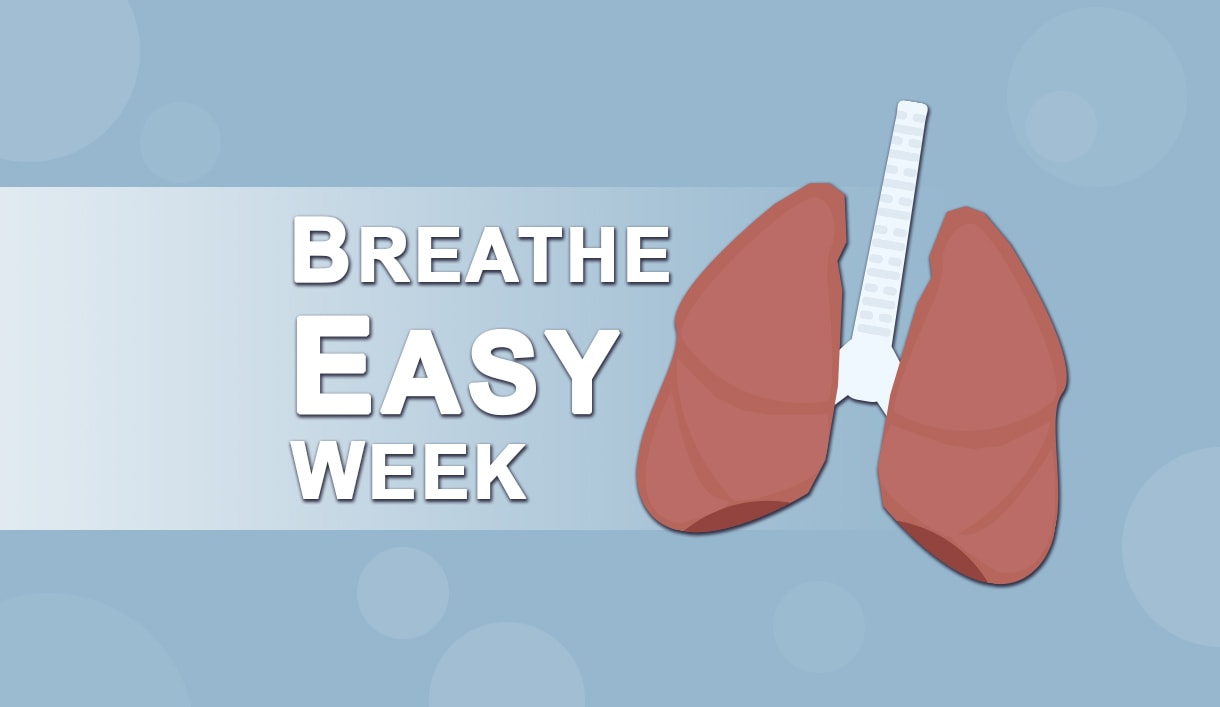
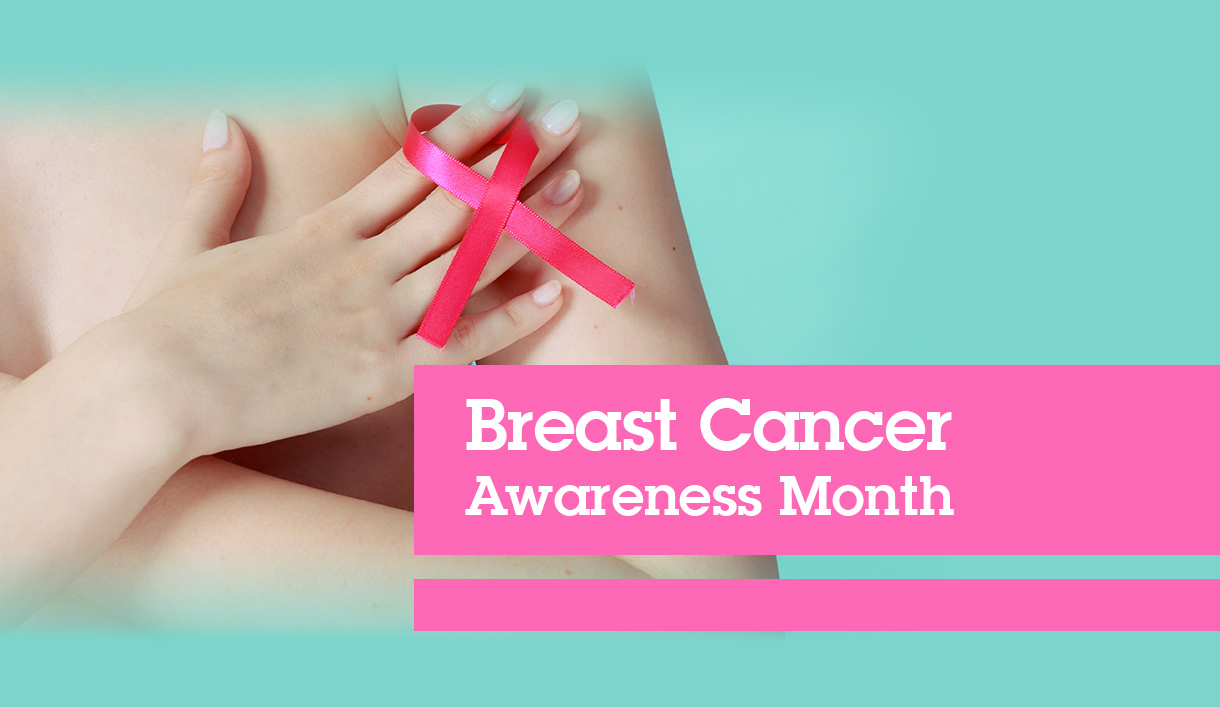
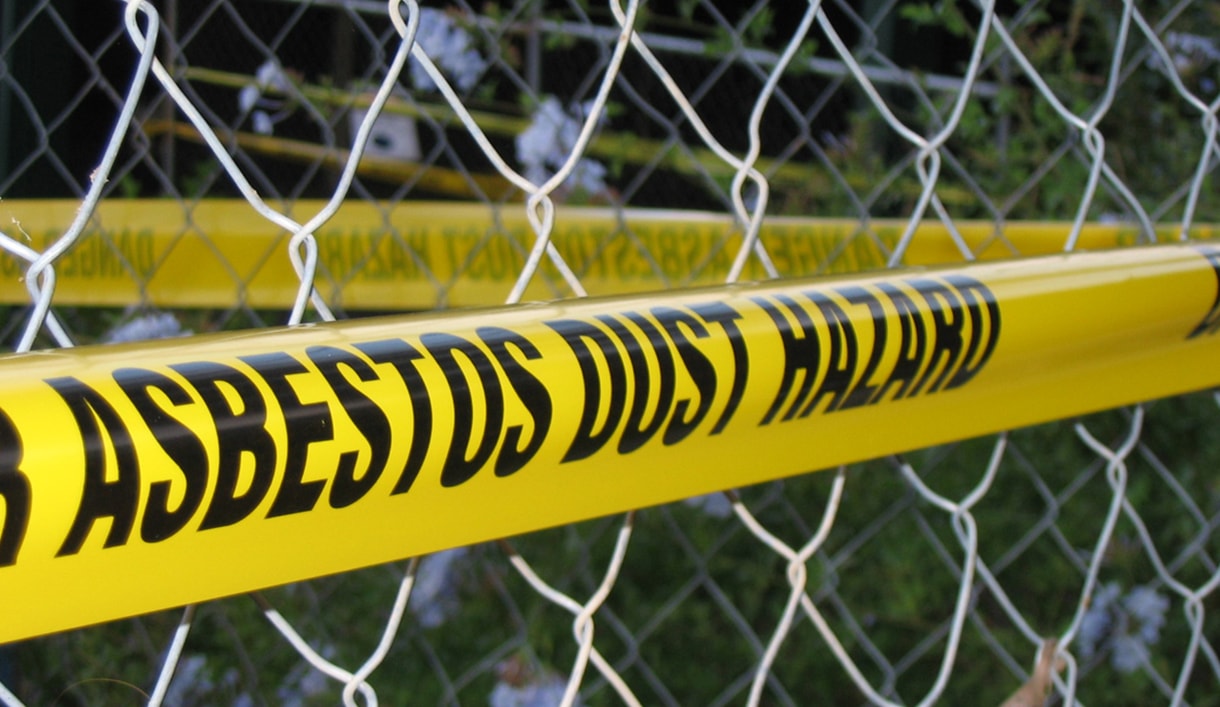
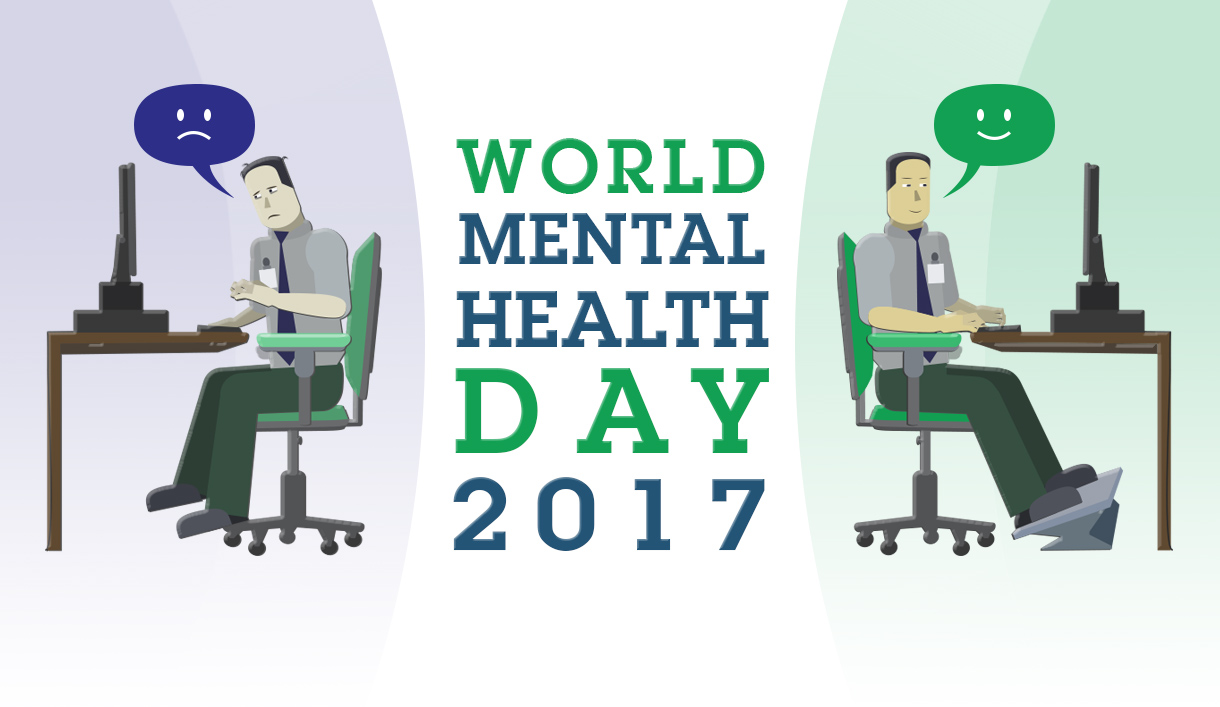
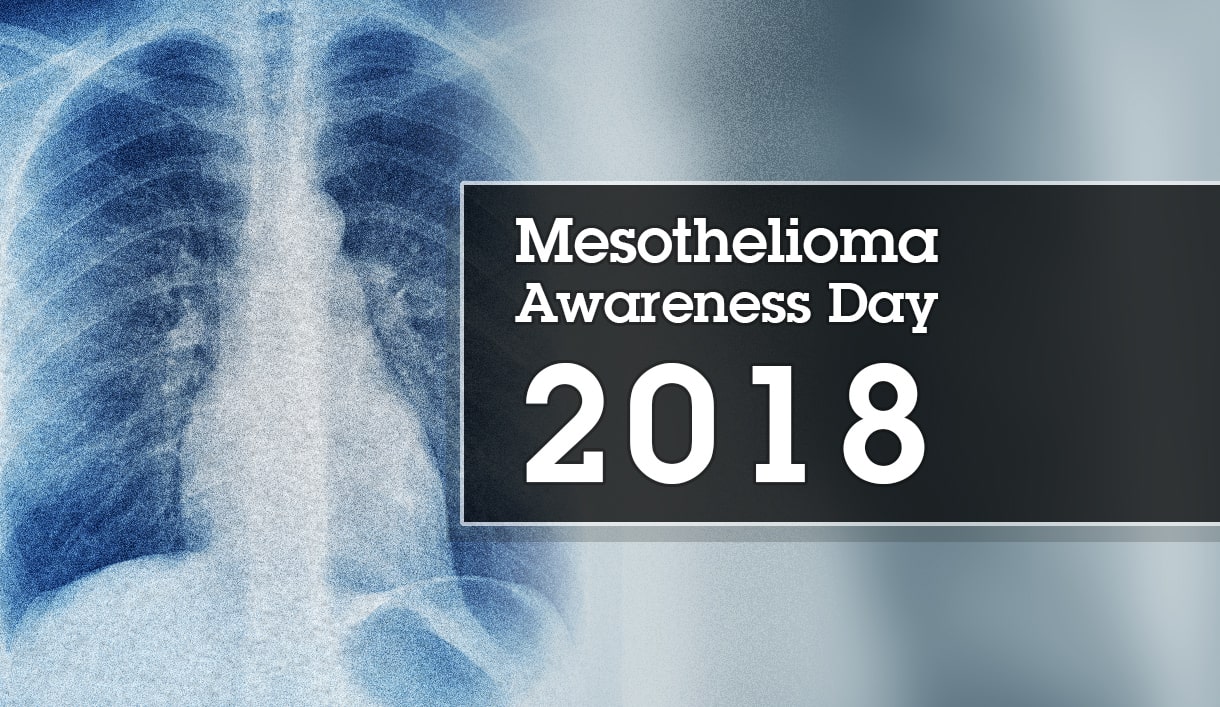

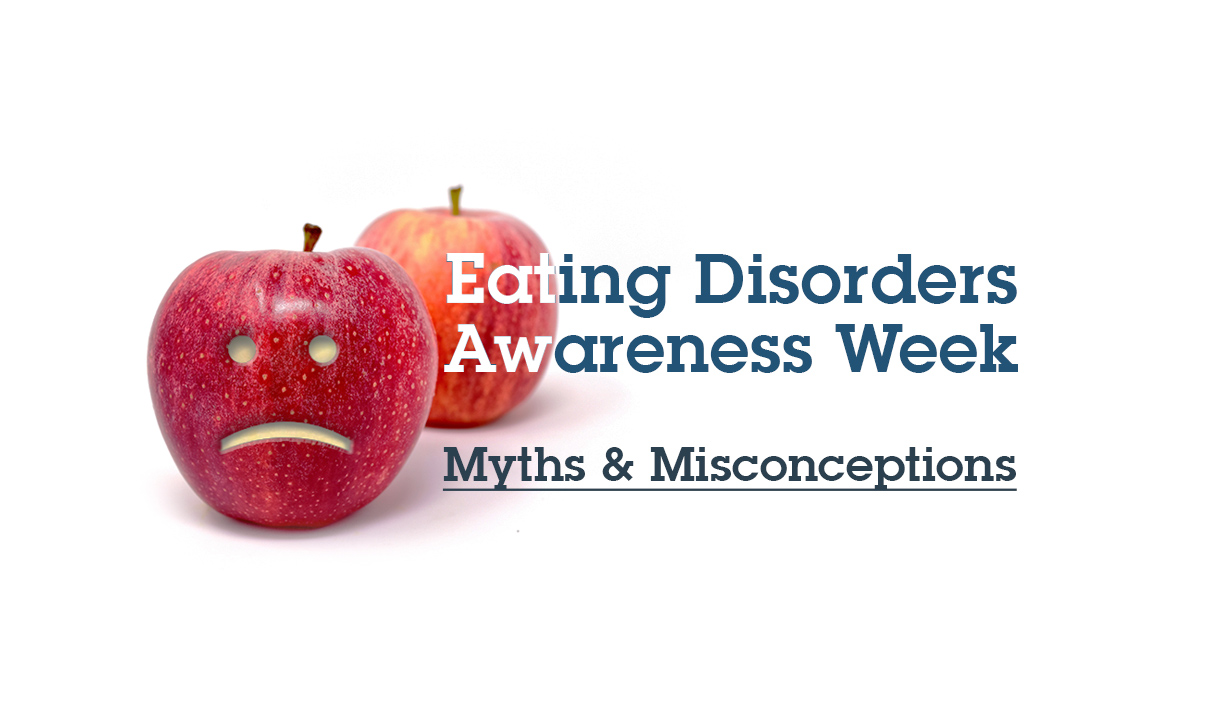
Leave a Reply
Want to join the discussion?Feel free to contribute!